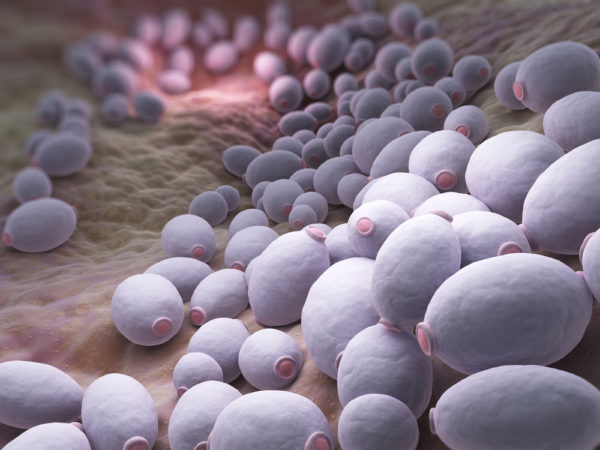Could aliens that breathe helium and hydrogen live on exoplanets throughout the cosmos?
A new study of life on Earth suggests it’s possible. And if so, that would mean the hunt for life in the universe may need to look beyond oxygen-bathed planets to ones with seemingly inhospitable atmospheres. There is no question that an oxygen atmosphere is conducive to life — after all, it’s what we breathe on Earth. But oxygen isn’t common in the cosmos. It makes up about 0.1% of the mass of the universe. Far more common is hydrogen (92%) and helium (7%). The planet that dominates the solar system is Jupiter and its atmosphere is 90% hydrogen and 10% helium, with just traces of other elements. Rocky planets like Earth, with atmospheres bereft of hydrogen and helium, are only a small component of star systems.
With such a predominance of hydrogen and helium in the universe, it would be useful to understand whether atmospheres composed of these elements could support life. Researchers led by planetary scientist Sara Seager at MIT set out to find out if they could. They chose two forms of Earth life that could exist without oxygen: E. coli, a bacteria found in the guts of many animals, including humans; and ordinary yeast, a fungus used to bake bread and make beer, and which is hard to find in stores these days.



